 Shutterstock
Shutterstock
Dogs may not speak our language, but they have many ways to show us when something is wrong. Through body language, vocalizations, and behavior changes, they try to communicate their needs. Some signs are obvious, while others are easy to miss. Ignoring these signals can lead to stress, discomfort, or serious health issues. If your furry friend has been acting differently, they might be trying to tell you something important. Recognizing these signs early can help ensure they stay happy, healthy, and well cared for.
Excessive Licking or Biting Themselves
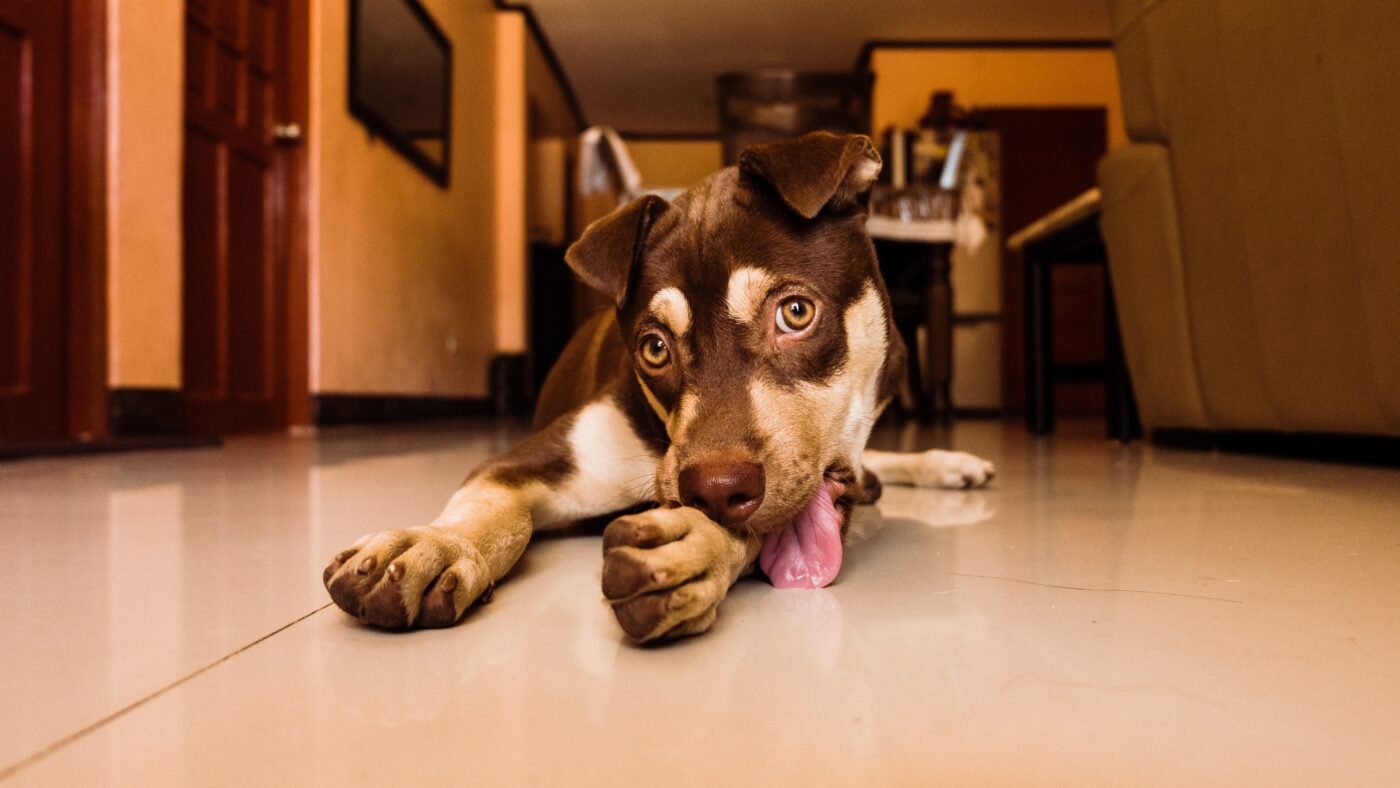 Shutterstock
Shutterstock
A dog that suddenly starts licking, biting, or chewing at a particular spot on their body may be dealing with irritation, pain, or even an underlying health issue. It could be allergies, dry skin, or something more serious like an infection. Some dogs also develop anxiety-related licking, creating hot spots or bald patches. If this behavior becomes frequent, it’s essential to check for wounds, parasites, or other problems and consult a vet if necessary. Obsessive licking is never just “one of those things” and usually signals that something isn’t right.
Loss of Appetite
 Shutterstock
Shutterstock
A healthy dog rarely refuses food unless there’s an issue. Skipping a single meal might not be a concern, but persistent disinterest in food can indicate illness, dental pain, digestive problems, or emotional distress. Stress, environmental changes, or even boredom with their diet can lead to decreased appetite. If your dog suddenly stops eating or seems hesitant about meals, it’s time to investigate. A vet visit may be needed, especially if weight loss, vomiting, or lethargy accompanies the refusal to eat.
Unusual Aggression or Irritability
 Shutterstock
Shutterstock
A normally friendly and affectionate dog that suddenly becomes snappy, growly, or withdrawn may be experiencing pain or emotional distress. This could stem from an injury, illness, or even an underlying medical condition like arthritis. Dogs who feel unwell or are in pain may react defensively when touched, even by their favorite humans. Behavioral changes should never be ignored, especially if your dog suddenly dislikes being handled. A visit to the vet can help determine if a medical issue is behind the mood shift.
Hiding or Avoiding Interaction
 Shutterstock
Shutterstock
If your normally social dog starts isolating themselves, hiding under furniture, or avoiding family members, it’s a strong signal that something is wrong. Dogs hide when they’re feeling unwell, scared, or stressed. Illness, injury, or emotional distress could be the cause. If your dog suddenly prefers solitude over companionship, take note of any other unusual behaviors and seek veterinary advice. Avoiding interaction is often their way of saying, “I don’t feel right.”
Excessive Panting Without Exercise
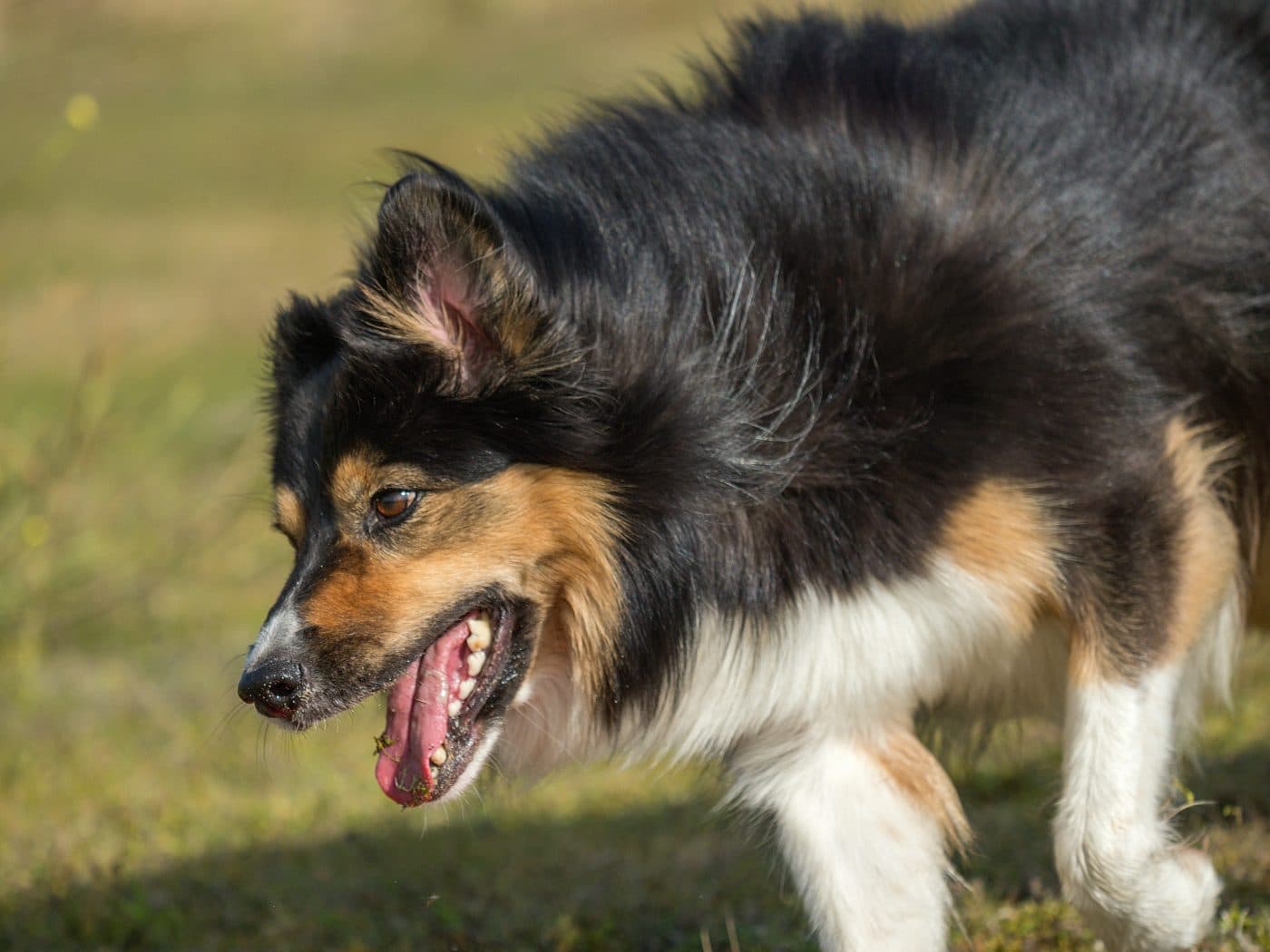 Shutterstock
Shutterstock
Panting is normal after play or during warm weather, but excessive panting when your dog hasn’t been active can be a sign of pain, anxiety, or a serious medical issue. Conditions like heatstroke, heart problems, or respiratory difficulties can cause abnormal panting. If your dog is breathing heavily, drooling excessively, or seems distressed, seek medical attention immediately. Unusual panting is a red flag that should never be ignored.
Sudden Destructive Behavior
 Shutterstock
Shutterstock
If your normally well-behaved dog starts tearing up furniture, chewing shoes, or digging up the yard, they might be dealing with anxiety, frustration, or boredom. This behavior is often seen in dogs experiencing separation anxiety, stress, or even medical discomfort. Dogs sometimes destroy things as a way to cope with pain or pent-up energy. If this behavior appears suddenly and is out of character, it’s worth investigating the root cause.
Whining or Whimpering Without Obvious Cause
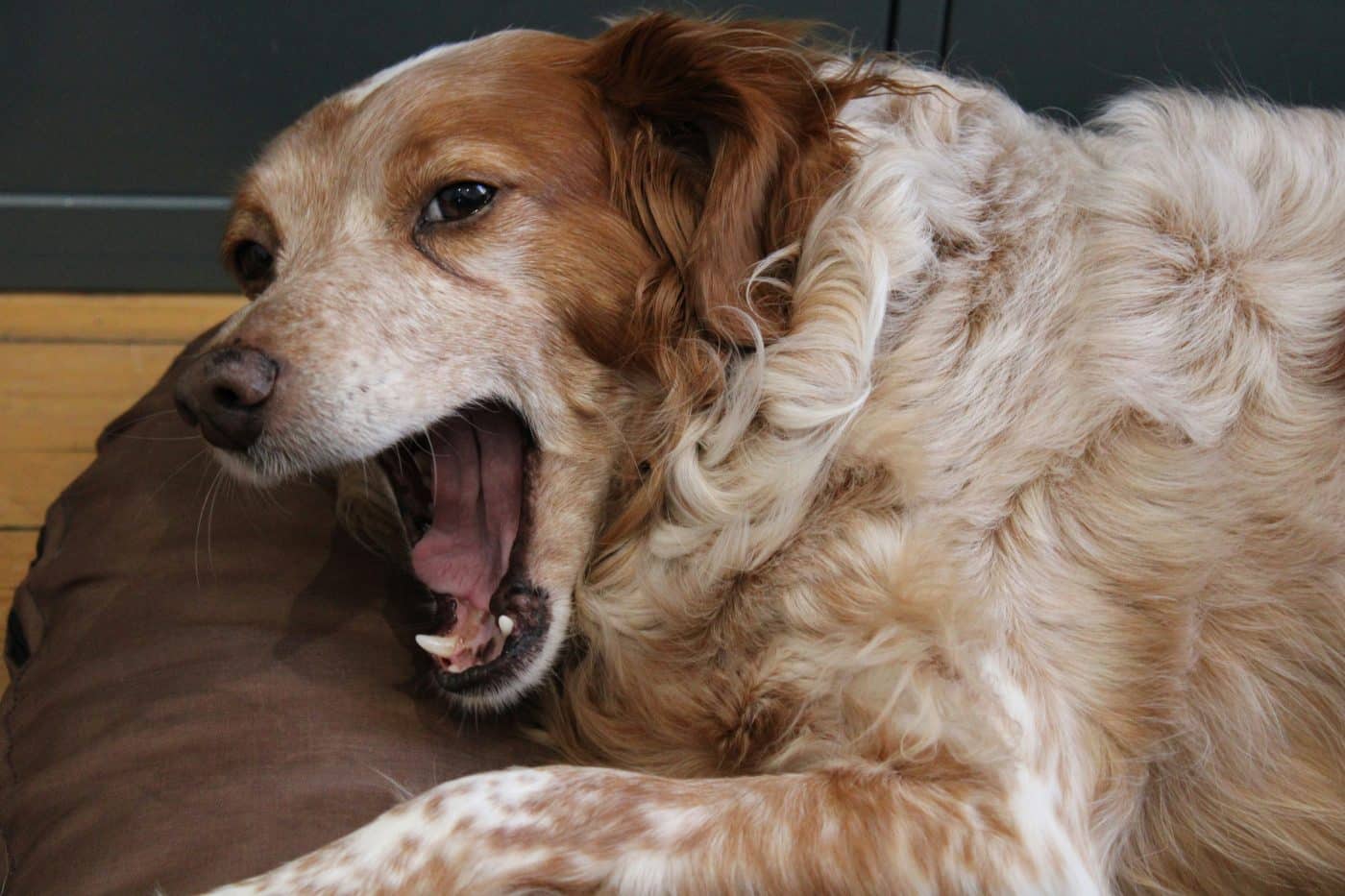 Shutterstock
Shutterstock
Dogs use whining to communicate various emotions, but if your dog is whining persistently without an apparent reason, they could be in pain or distress. They may be trying to tell you that something hurts or that they feel anxious about a situation. Some dogs also whine when experiencing digestive discomfort or neurological issues. If whining is accompanied by other unusual behaviors, it’s best to consult a vet to rule out medical problems.
Restlessness or Pacing
 Shutterstock
Shutterstock
A dog that seems unable to settle, frequently changes positions, or paces back and forth may be experiencing discomfort or distress. This can be a sign of pain, anxiety, or an internal issue such as digestive trouble or heart problems. Restlessness, especially if paired with whining, panting, or excessive licking, is often a dog’s way of telling you they need help. If the behavior persists, a veterinary check-up is essential.
Excessive Sleeping or Lethargy
 Shutterstock
Shutterstock
A dog that suddenly seems uninterested in play, walks, or interaction may be feeling unwell. While all dogs enjoy naps, excessive sleepiness or lack of energy can indicate illness, depression, or pain. If your dog is unusually sluggish, slow to respond, or uninterested in activities they once enjoyed, it’s worth a closer look. Underlying conditions such as infections, metabolic issues, or even emotional distress can cause lethargy.
Changes in Bathroom Habits
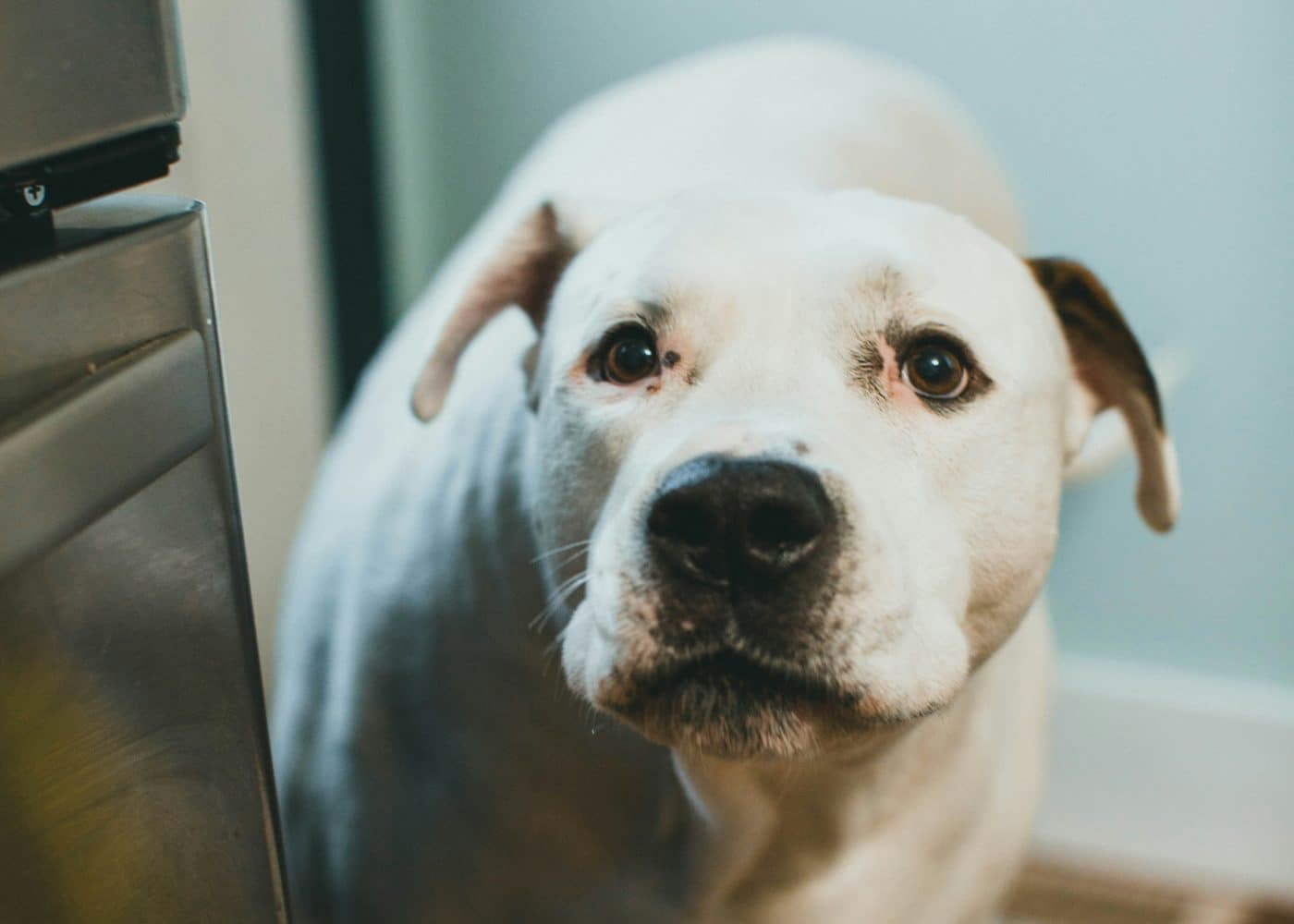 Shutterstock
Shutterstock
Accidents in the house, frequent urination, or trouble defecating can indicate health concerns. Bladder infections, kidney problems, digestive issues, or anxiety can cause sudden changes in bathroom habits. If your house-trained dog starts having accidents or seems uncomfortable when relieving themselves, it’s time for a vet visit. Pay attention to any changes in stool consistency, color, or urination patterns, as these can provide clues about your dog’s health.
Sudden Fearfulness or Anxiety
 Shutterstock
Shutterstock
If a normally confident dog starts acting fearful, cowering, or avoiding things they were once comfortable with, they might be feeling unwell or experiencing distress. Health issues such as vision problems, neurological conditions, or hormonal imbalances can trigger new anxieties. Sudden fearfulness can also be a sign of emotional trauma or pain. Watching for other symptoms alongside the anxiety can help determine the cause.
Scooting or Dragging Their Rear
 Shutterstock
Shutterstock
A dog scooting their bottom across the floor might seem funny, but it’s often a sign of discomfort. Anal gland issues, allergies, or parasites can irritate, leading to scooting. If your dog is frequently dragging their rear or licking the area excessively, a vet check is necessary. Ignoring this behavior can lead to infections or worsening irritation.
Coughing or Wheezing
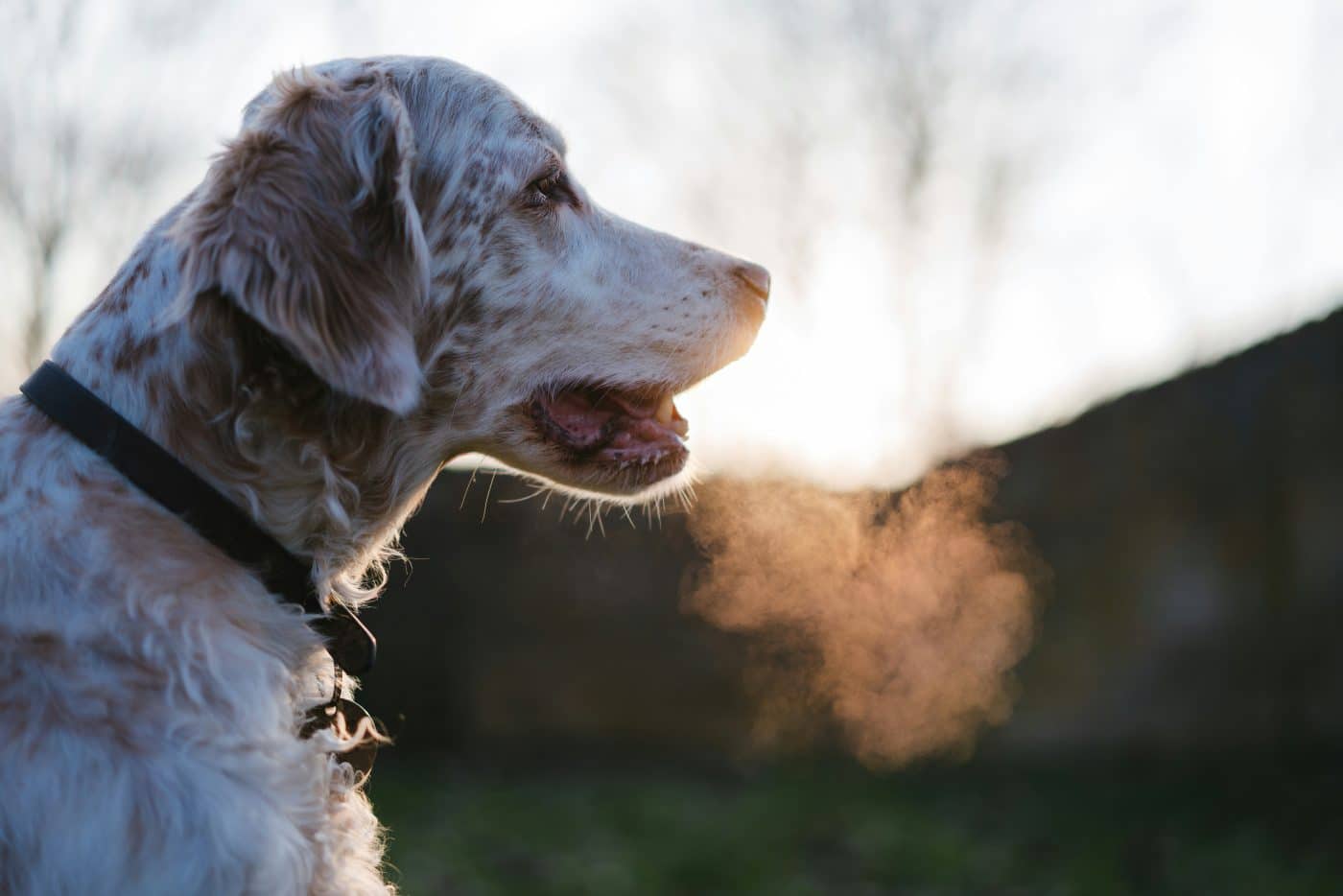 Shutterstock
Shutterstock
A persistent cough, wheezing, or gagging noise can indicate respiratory infections, heart problems, or even a lodged foreign object. While occasional coughing may not be concerning, chronic or worsening coughs should never be ignored. Some conditions, such as kennel cough or heart disease, require medical intervention. If your dog’s breathing sounds different or they seem to struggle, seek veterinary attention promptly.
Tilting Head or Losing Balance
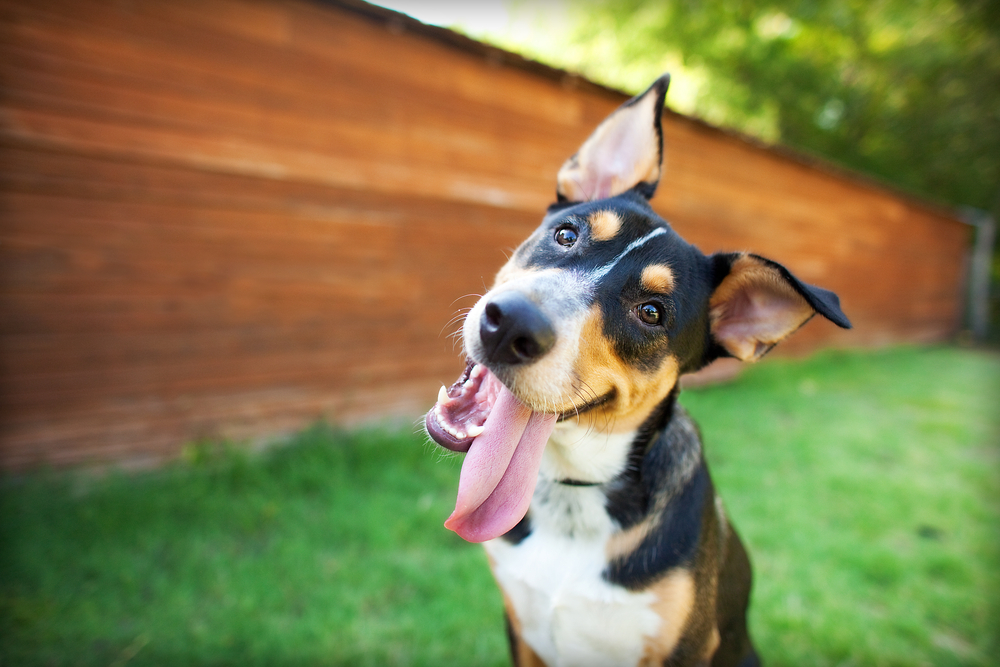 Shutterstock
Shutterstock
Head tilting, stumbling, or lack of coordination could point to ear infections, neurological issues, or vestibular disease. Dogs with balance problems may struggle to walk, lean to one side, or appear disoriented. While some causes may be minor, others can be serious. Any sudden changes in coordination or head positioning should be evaluated by a vet as soon as possible.
Changes in Eye Appearance
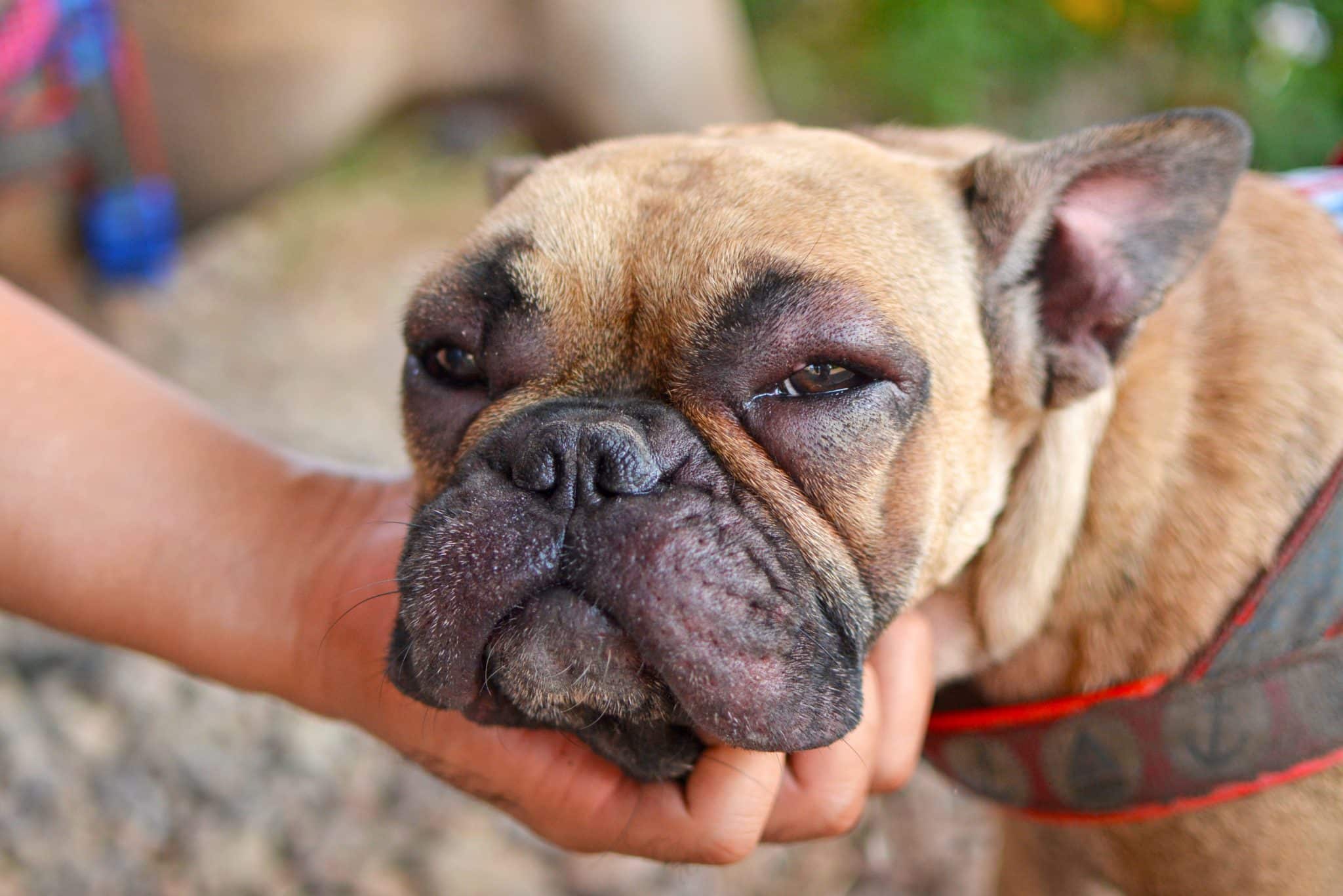 Shutterstock
Shutterstock
Redness, cloudiness, excessive tearing, or squinting are all signs that something may be wrong with your dog’s eyes. Eye infections, injuries, or even underlying health conditions can cause changes in eye appearance. If your dog is pawing at their face or avoiding light, they may be in pain. Early treatment is crucial to prevent worsening conditions or potential vision loss.
The Many Ways Your Dog Yells “Help!”
 Shutterstock
Shutterstock
Sometimes, our furry friends drop subtle hints, and other times, they practically shout, “I NEED HELP!” Dogs have their ways of signaling distress, whether through changes in behavior, body language, or vocalizations. As pet owners, recognizing these signs early can make all the difference in keeping them happy, comfortable, and healthy. If your dog starts acting out of the ordinary, trust your instincts and take action. After all, they rely on us to be their voice—and there’s no doubt they’d do the same for us!

 4 weeks ago
18
4 weeks ago
18



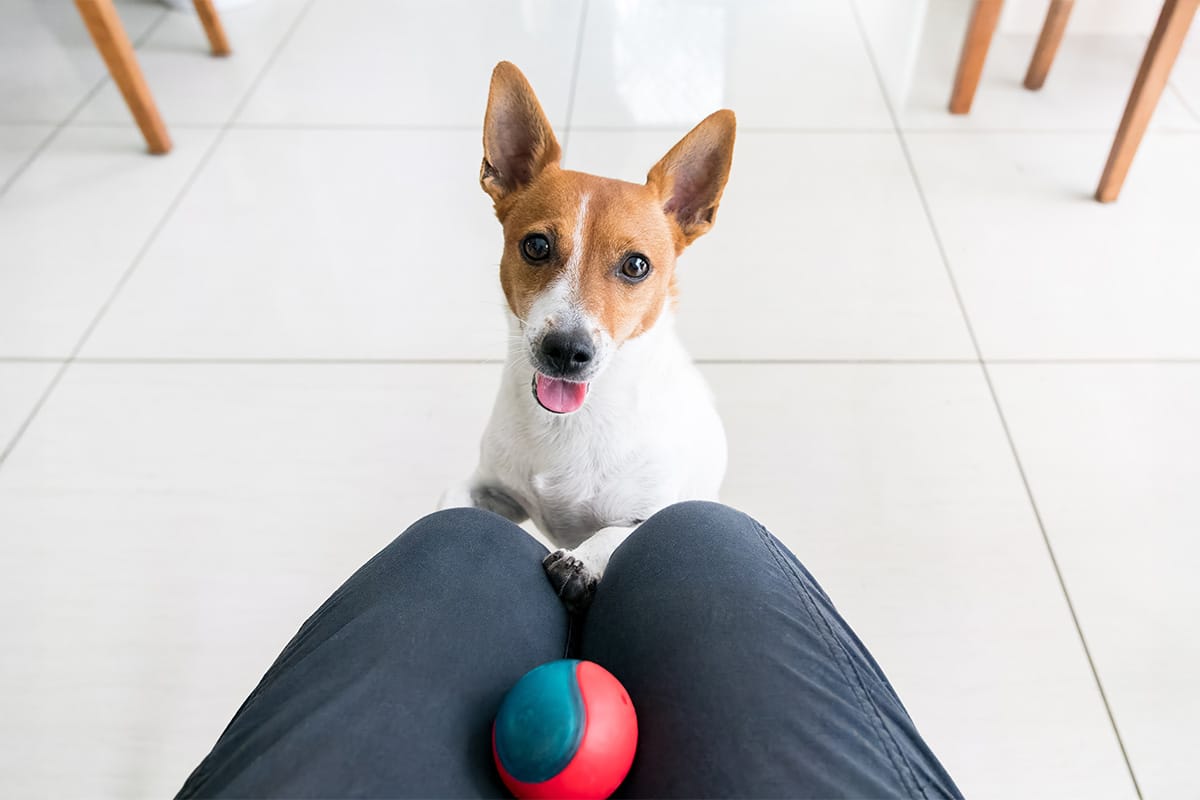
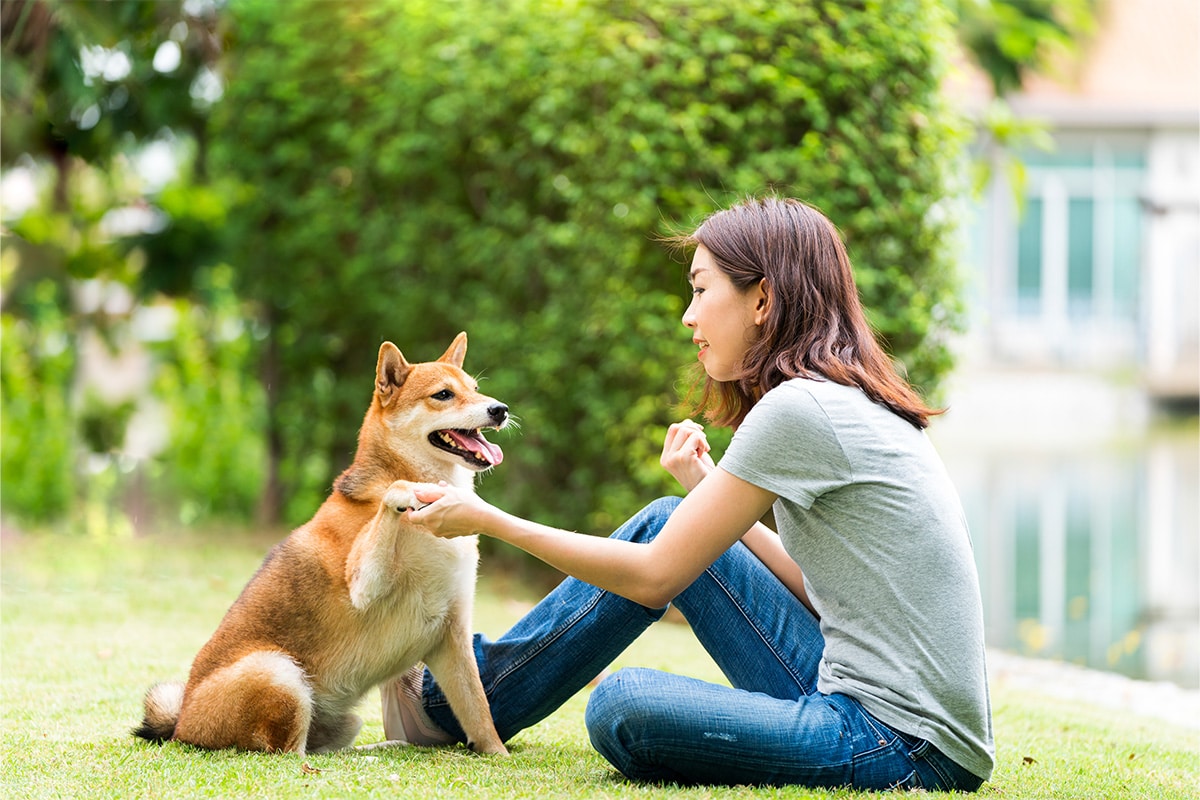
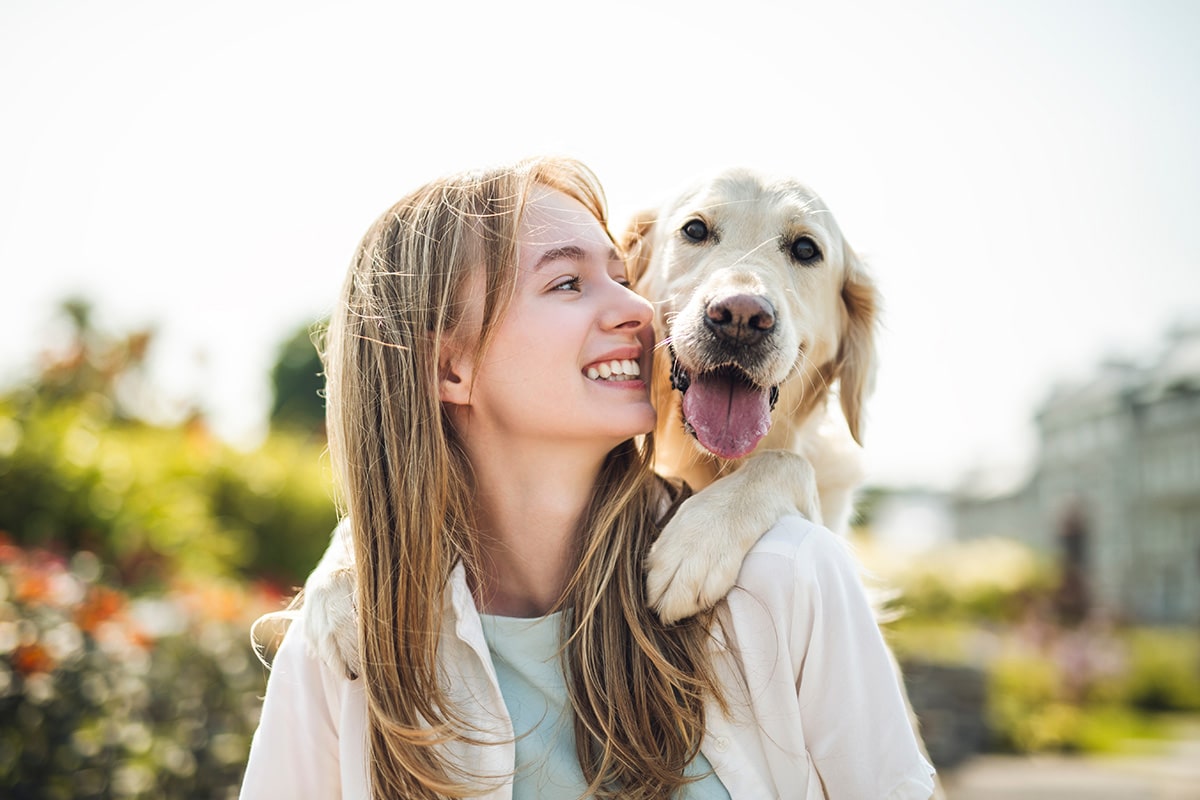



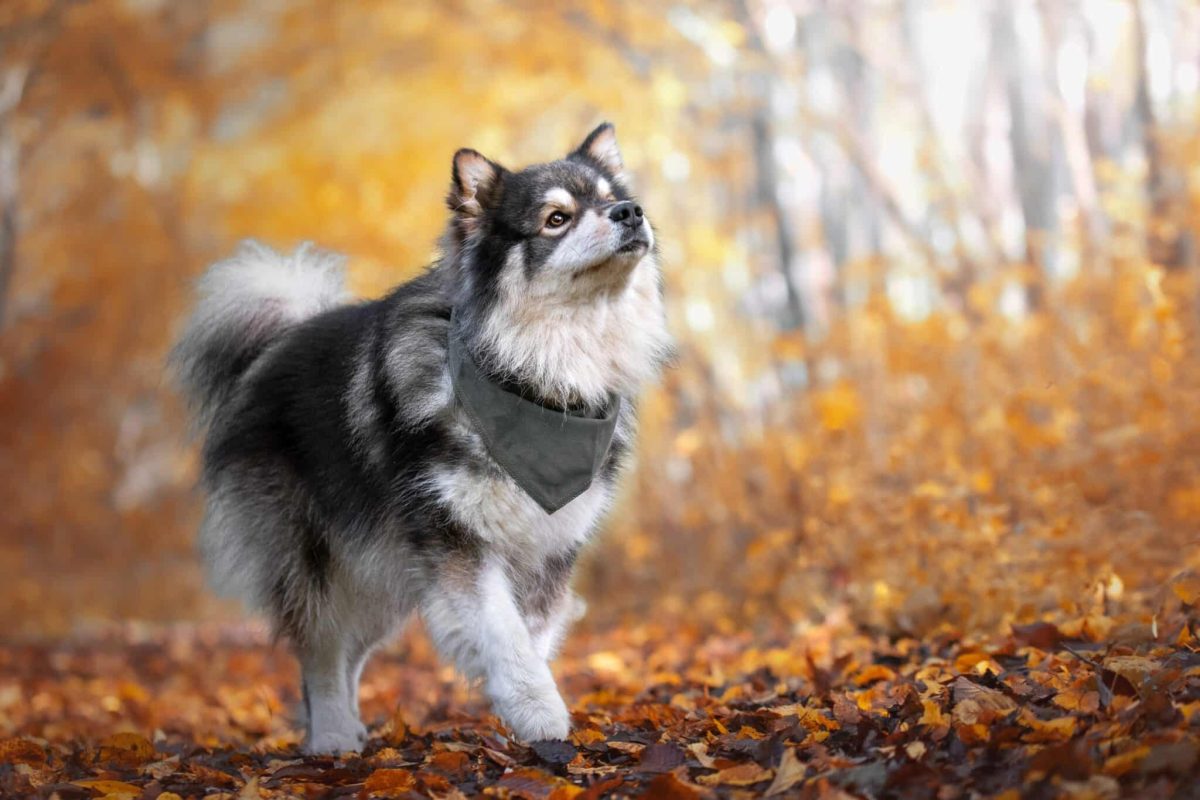




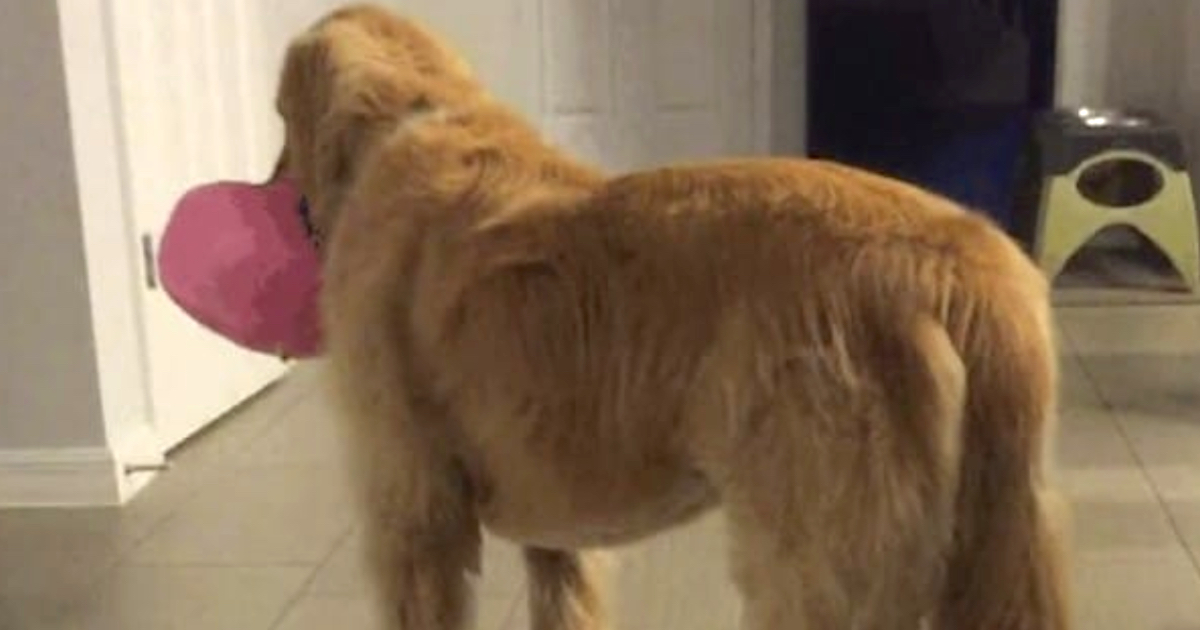
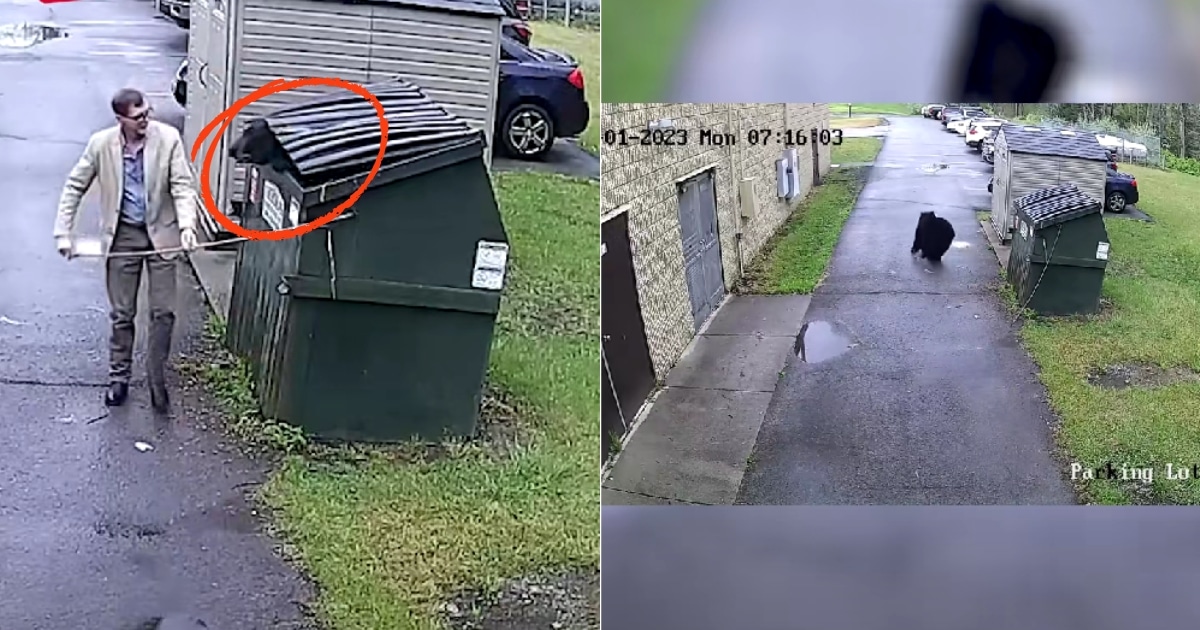
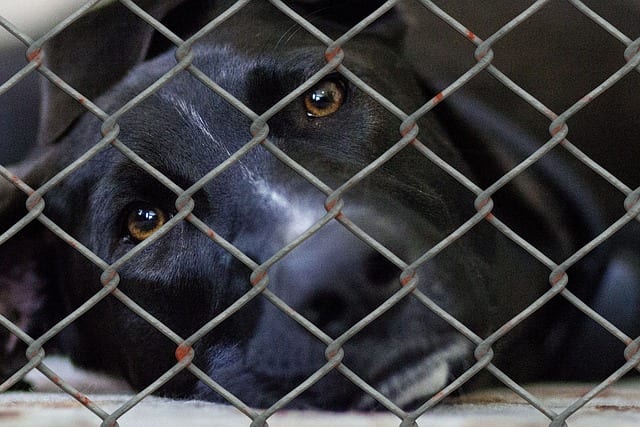

 English (US) ·
English (US) ·